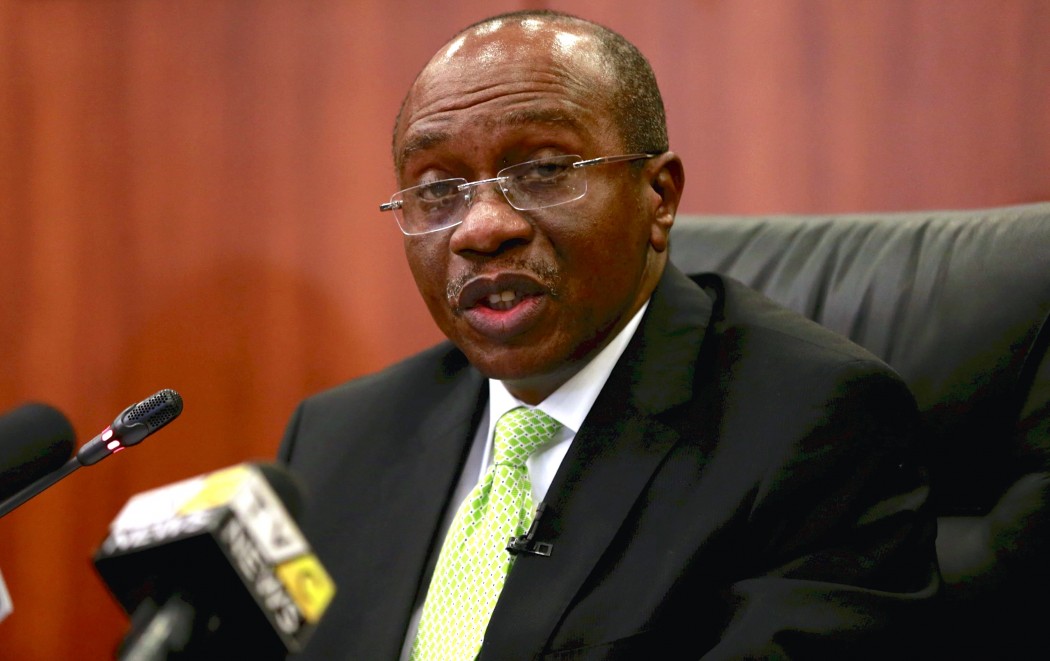A data from Central Bank of Nigeria has shown that Nigeria’s foreign reserves dropped from $41,765,381,999 to $40,500,856,853 between October 2, 2019, and October 30, 2019.
In broader analysis, the drop shows an average loss of $43,604,660 daily.
The highest drop recorded between October 4, 2019, and October 7, 2019, where there was a drop of $190.3 million; October 11, 2019, to October 14, 2019, with a drop of $149.18 million and October 18, 2019, to October 24, 2019, with a drop of $115.4 million.
Eze Onyekpere, the lead director, Centre for Social Justice, told journalists on Saturday, November 2, 2019, that a reduction in foreign reserves could stem from various factors like a retardation in foreign direct investments, crash in oil prices, exceptional purchases demanding higher foreign exchange, debt servicing obligations, among others.
However, the CBN, in its robust interventions released various loans to local farmers cultivating various commodities to meet domestic demand and possibly export them. Some of the commodities are rice, oil palm, cotton, machinery and others.
More so, it has sustained its intervention in the foreign exchange market.
According to the second quarter capital importation report released by the National Bureau of Statistics, FDI inflows dropped by 31.41% from $8.48 billion recorded in the first quarter to $5.82 billion.
Read more at SunNews







